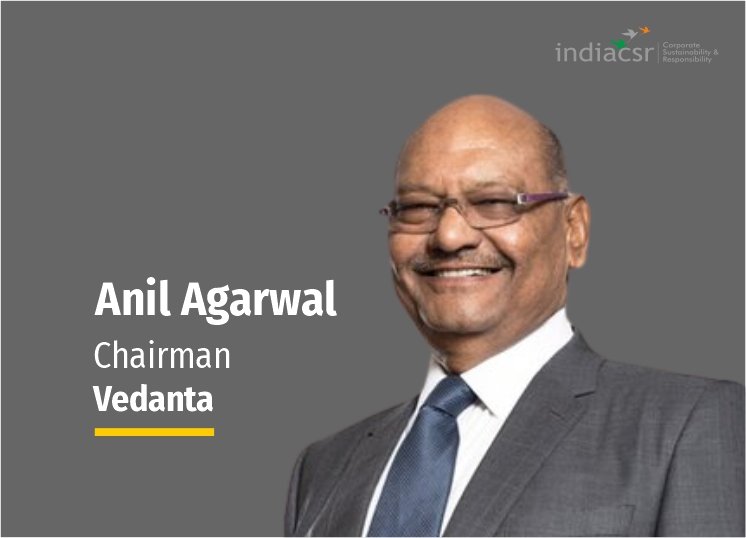Vedanta Chairman Anil Agarwal’s recent call for support from the government and banks highlights a significant issue in India’s economic landscape. His plea on social media urges a balanced approach to funding and clearance for both public and private sectors. This move aims to catalyze India’s journey toward becoming a $5 trillion economy. However, it raises questions about the current state of entrepreneurial support and the government’s role in business.
1. The Public-Private Divide
Current Disparities
Agarwal points out the apparent bias in favor of public sector entities when it comes to government clearances and funding. This discrimination limits the private sector’s potential, particularly for startups and entrepreneurs. While the government acts as a guardian (‘mai baap’) for public enterprises, private entities struggle to gain similar support.
The Need for a Level Playing Field
The chairman emphasizes the need for a level playing field. He suggests that the government should step back from business involvement, focusing instead on regulation and supporting disadvantaged communities. This proposal, however, overlooks the complexities of such a transition and the potential risks involved.
2. Job Security and National Interests
Zero Retrenchment Commitment
Agarwal’s insistence on zero retrenchment in the process of disengaging government from businesses is commendable. However, it seems overly optimistic, considering the intricate dynamics of the job market and the operational realities of public sector units (PSUs).
National Security Considerations
The suggestion to retain some PSUs for national security underscores the delicate balance between economic liberalization and strategic interests. However, this selective approach might lead to more ambiguity in defining ‘national security’ concerns.
3. Recognizing Entrepreneurial Contribution
Underplayed Role of Domestic Entrepreneurs
Agarwal rightly points out the underappreciation of Indian entrepreneurs. His comparison with the U.S. and the U.K. highlights a global perspective, but it oversimplifies the unique challenges faced by Indian businesses.
Philanthropy and Wealth Creation
The emphasis on philanthropy and wealth creation is significant. However, equating Indian entrepreneurs with their American counterparts may not fully account for the different socio-economic contexts and regulatory environments.
4. Trust in Entrepreneurs: A Global Perspective
Agarwal’s call for greater trust in entrepreneurs resonates with global economic success stories. However, blindly following this model without considering India’s unique challenges could lead to pitfalls.
5. Vedanta Ltd: A Case Study in Controversy
GST Demand and Legal Challenges
The recent GST demand of Rs 1.38 crore on Vedanta Ltd raises questions about the company’s compliance and financial practices. This issue, coupled with the penalty risks, paints a complex picture of Vedanta’s operational challenges.
Rating Downgrade and Financial Health
CRISIL’s downgrade of Vedanta’s ratings reflects concerns over the company’s financial health. This development contradicts Agarwal’s advocacy for private sector support and highlights the need for robust financial management.
Restructuring Plans and Government Oversight
The government’s cautious approach to Vedanta’s restructuring plans, especially in the context of Hindustan Zinc Ltd, suggests a deeper concern for corporate governance and shareholder interests.
Stock Market Reaction
The stock market’s mild reaction to these developments indicates a wait-and-see approach from investors. This tepid response might reflect the market’s uncertainty about Vedanta’s future.
(India CSR)
























